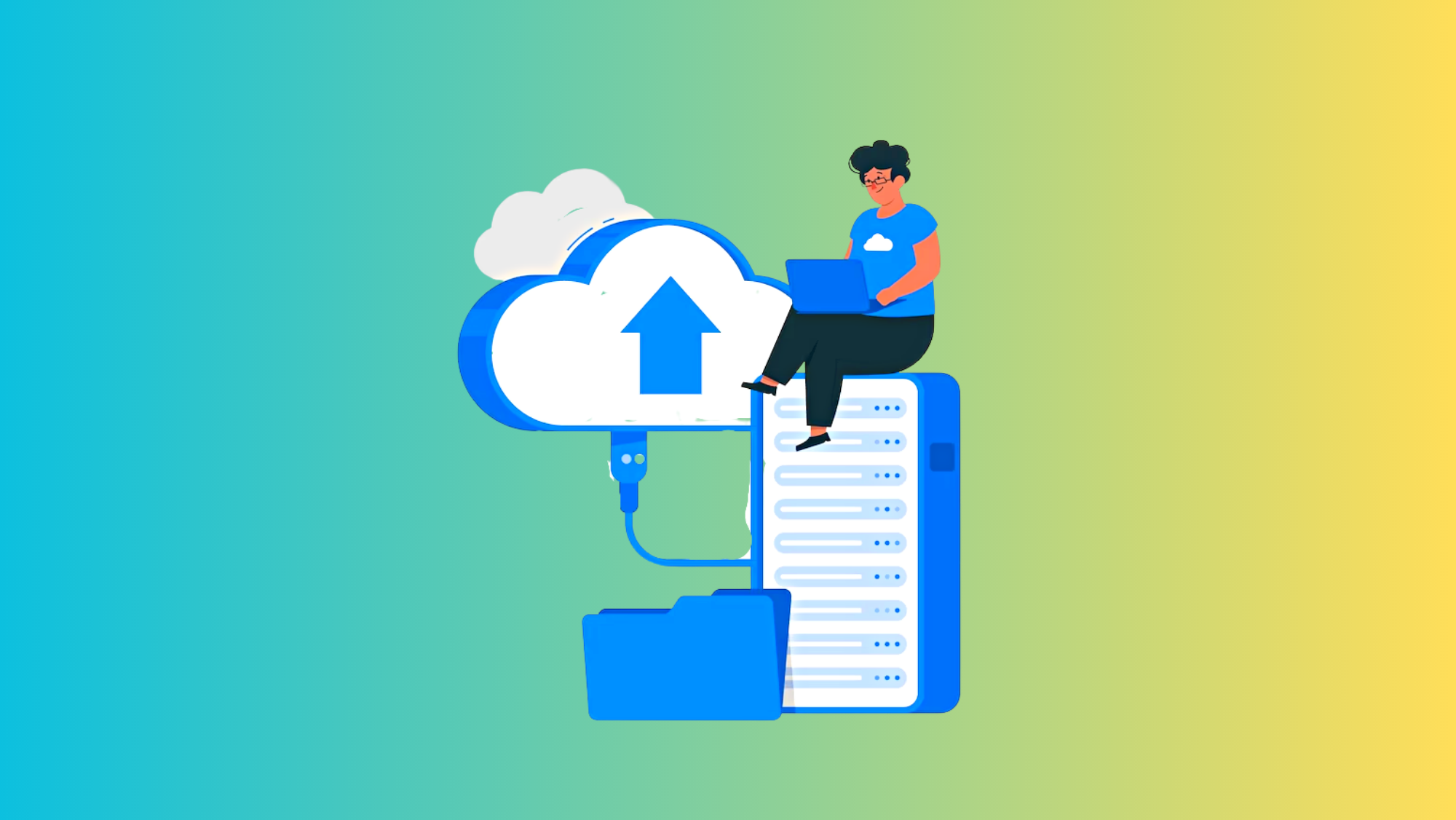Mastering SAP ABAP: Essential Tips and Tricks for Developers
Introduction:
SAP ABAP (Advanced Business Application Programming) is a powerful programming language used for developing applications within the SAP environment. With its extensive capabilities, ABAP provides developers with a wide range of tools and features to create efficient and robust applications. In this blog post, we will delve into essential tips and tricks that will help developers master SAP ABAP and enhance their development skills.
1. Understanding ABAP Data Dictionary:
The ABAP Data Dictionary serves as the foundation for data storage and management within SAP systems. Mastering this component is crucial for ABAP developers. Explore the various objects in the Data Dictionary, such as tables, views, structures, and data elements. Learn how to create, modify, and enhance these objects to optimize data storage and retrieval.
2. Efficient ABAP Coding Techniques:
Efficient coding practices are essential for developing high-performance ABAP applications. Dive into various coding techniques, such as modularization, error handling, and exception handling. Understand the importance of using internal tables, field symbols, and data references effectively. Explore techniques like buffering, indexing, and database optimization to enhance performance.
3. ABAP Object-Oriented Programming (OOP):
ABAP also supports object-oriented programming paradigms. Familiarize yourself with ABAP OOP concepts, such as classes, objects, inheritance, and polymorphism. Learn how to leverage OOP principles to design and implement reusable and maintainable ABAP code. Understand the benefits of encapsulation, abstraction, and modularization in ABAP OOP.
4. Debugging and Troubleshooting:
Debugging is an essential skill for ABAP developers. Explore the various debugging tools and techniques available in the ABAP Workbench. Learn how to set breakpoints, analyze program flow, and inspect variable values during runtime. Additionally, understand how to use error analysis tools and techniques to troubleshoot and resolve common ABAP programming issues.
5. Integration and Enhancement Options:
SAP systems often require integration with external systems or additional enhancements. Discover various integration options, such as RFC (Remote Function Call) and web services, to connect SAP applications with external systems. Learn how to enhance standard SAP functionality using user exits, BAdIs (Business Add-Ins), and enhancement spots. Understand how to leverage implicit and explicit enhancements to modify SAP standard programs without modifying the original code.
6. Performance Optimization:
Optimizing performance is crucial for delivering efficient ABAP applications. Explore techniques to improve database access, optimize SQL queries, and leverage SAP buffering mechanisms. Learn about performance analysis tools and techniques available in the ABAP environment to identify and resolve performance bottlenecks.
Conclusion:
Mastering SAP ABAP requires continuous learning and practice. By implementing the essential tips and tricks discussed in this blog post, developers can enhance their ABAP skills and deliver high-quality, performant applications within the SAP ecosystem. Embrace efficient coding practices, leverage the power of ABAP OOP, and make use of debugging and troubleshooting tools to develop robust and maintainable ABAP applications. With a solid foundation in SAP ABAP, developers can unlock endless possibilities in developing complex business applications.
You May Also Like
These Related Stories

Everything You Need to Know About SAP EHS Training

Everything You Need to Know About SAP BRIM Training



No Comments Yet
Let us know what you think